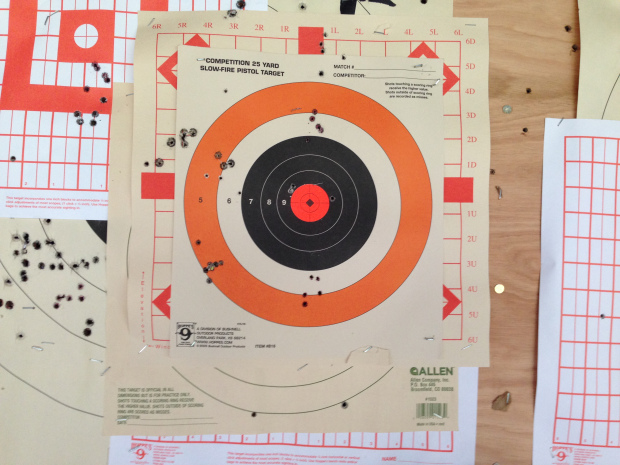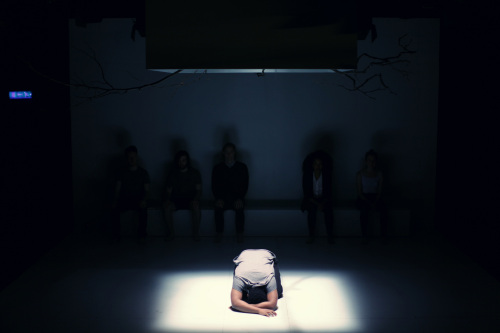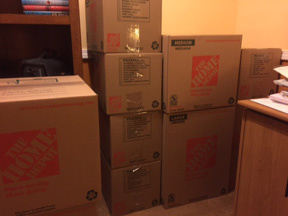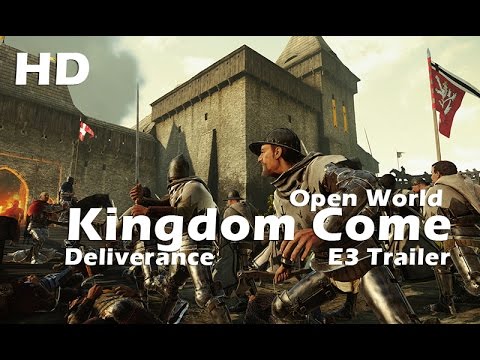 It’s been a tense few weeks here in Portland: the owners of a nascent burrito food cart were shamed and shunned into shuttering their business after the um, enterprising, women bragged about nabbing “authentic” tortilla recipes from cooks and business owners down south of the border. A known white supremacist slashed the throats of three men attempting to protect two women of color from harassment while riding public transportation, and the carnage left two men dead and an entire community gaping in horror. A band of fascists landed in the city just a week later to stage an alt-right rally in support of I don’t even know what – the ascendancy of white supremacy? the destructive executive mandates of an orange menace? – and they demanded (and got) an armed wall of protection from the police so that they might shout their hate unchecked while a sea of horrified counter-protesters looked on.
It’s been a tense few weeks here in Portland: the owners of a nascent burrito food cart were shamed and shunned into shuttering their business after the um, enterprising, women bragged about nabbing “authentic” tortilla recipes from cooks and business owners down south of the border. A known white supremacist slashed the throats of three men attempting to protect two women of color from harassment while riding public transportation, and the carnage left two men dead and an entire community gaping in horror. A band of fascists landed in the city just a week later to stage an alt-right rally in support of I don’t even know what – the ascendancy of white supremacy? the destructive executive mandates of an orange menace? – and they demanded (and got) an armed wall of protection from the police so that they might shout their hate unchecked while a sea of horrified counter-protesters looked on.
Portland’s tolerant-as-fuck reputation precedes it. And that reputation is earned … sorta. But Portland’s also white as hell (87 percent-plus, according to 2015 census numbers) and that large, noisy band of white folks has mobilized these past weeks to express its shock and dismay at this ugly triad of events. Portland’s non-white contingent, in return, has expressed its own shock and dismay at all the white shock and dismay, and the ugly truth it points to: the citizens of our fair city appear to have been, until now, blissfully unawares of the deep-rooted racism that has always run rampant in our city, in our police force, in our very bones.

And that counterreaction has surprised the white people quite a lot. Why, when they are just trying to help, to learn, to support, aren’t they being given more credit?
Why, indeed. I’ve been hearing the term “White Fragility” batted around a lot the past few weeks. Sometimes as an insult, sometimes as an abstraction, sometimes as a vague invective. And I’ve been pondering what we mean when we level the accusation of it against a well-meaning white person. Here’s what I think we mean:
- That each of us, regardless of race or ethnicity, has inherited a difficult legacy from our forbears. We carry the weight of all the ugly things that were done to them and by them and for them, and regardless of whether our ancestors were the ones exploited or the ones doing the exploiting, that legacy entails heavy burdens and heavier obligations that we don’t get to wriggle out from under at will.
- That we white folks demonstrate a troubling fragility each time we try anyway to wriggle out from under those ancestral burdens and obligations. Yes, they are weighty and horrific. Yes, they must be avenged. But these burdens are obligational and inalienable, meaning it is not within our rights to alienate ourselves from them, even if we are horribly sorry, even if we ourselves, to coin a tired term, don’t have a “racist bone in our bodies.”
- That, as white people, we are not accustomed to having attention called to our complicity in that shared cultural legacy. Implied white supremacy is invoked as subtext, so often, in conversations about inequality and bigotry, but rarely are individuals asked to account for it directly, or shamed for their involuntary complicity, and so when a discussion on race or ethnicity gets hot, white people tend to express significant and disproportionate stress and upset. (For more on this, follow the link below to read the work of Dr. Robin DiAngelo, who coined the term “White Fragility.”)
- That we white people can and should position ourselves as allies to people of color, offering support and solidarity, but that doesn’t entitle us to stand alongside them as the collateral victims of an incredibly misguided cultural moment. Even if we’ve tried to make things right and got zero credit for it, even if we meant well, even if we tried to say sorry and nobody heard us, even if we ourselves count people of color among our closest friends and families. Not even if we are trying desperately to awaken ourselves, so we might better educate the next generation, and thus burn off some of this towering, putrid stinkpile of bad karma that’s gumming up the existential works for everybody. Not even then. These efforts matter, but they don’t begin to undo what’s been done. The hurt goes way too deep. And we don’t get to be whiny and resentful about that.
- That we as white people tend to refract the experiences of people of color through the lens of our whiteness before we’re willing or able to examine the particulars of those experiences. And the consequence of this is that even we talk about what it means to be black and brown, we are still sort of talking about what it means to be white, and, often talking right over people of color. It’s a cracked prism. It perpetuates erasure. And it needs to stop. (Look! We’re doing it right now!)
- That even this attempt I’m making, as a white-ish woman without any sort of credential on the subject, to “educate” other white people about why people of color here in Portland might feel unsafe and derided and sidelined and exploited, that even my presuming to express offense on their behalf, is itself a great example of Erasure (I’m talking over others), of privilege (I had access to educational and social opportunities that enable me to express myself eloquently, and I am confident my opinion will be heard) and of White Fragility (despite all that, I still insist on writing this so I can feel marginally better).
- That if there seems to be an air of masochism to the whole racial conversation that’s happening in Portland right now, there well ought to be. And that masochism doesn’t constitute one of those aforementioned historical “burdens” being heaped upon us white folks; it represents, instead, the opposite: a historical obligation that we’ve inherited from the racist assholes who came before us, who caused this whole godawful mess. We didn’t make the mess. But we get to shovel shit for the future indeterminate regardless. Yes, I know: that’s a heavy yoke to bear. It cinches and pinches and causes the white mind and body ache. We are obligated, nonetheless, to shut up and carry it.
Further reading and listening:
The Residue Years by Mitchell S. Jackson
White Fragility by Dr. Robin DiAngelo
White Fragility Leads to White Violence: Why Conversations about Race with White People Fall Apart by Monique Judge
KBOO.FM, Portland’s community radio station, which cites the coverage of perspectives neglected by mainstream media as key to its mission.






